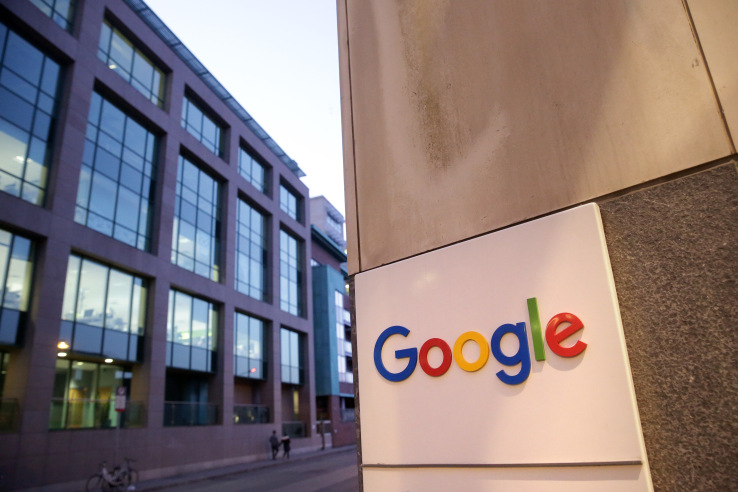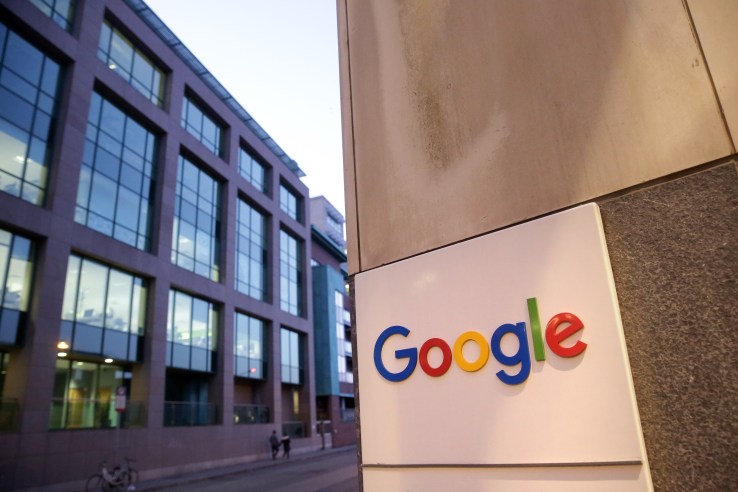

Two weeks after Twitter acquired Magic Pony to advance its machine learning smarts for improving users’ experience of photos and videos on its platform, Google is following suit. Today, the maker of Android and search giant announced that it has acquired Moodstocks, a startup based out of Paris that develops machine-learning based image recognition technology for smartphones whose APIs for developers have been described as “Shazam for images.”
Moodstocks’ API and SDK will be discontinued “soon”, according to an announcement on the company’s homepage. “Our focus will be to build great image recognition tools within Google, but rest assured that current paying Moodstocks customers will be able to use it until the end of their subscription,” the company noted.
Terms of the deal were not disclosed and it’s not clear how much Moodstocks had raised: CrunchBase doesn’t note any VC money, although when we first wrote about the company back in 2010 we noted that it had raised $500,000 in seed funding from European investors. As a point of reference, Twitter paid a whopping $150 million in cash for its UK acquisition of Magic Pony the other week.
While Magic Pony was young and acquired while still largely under the radar, Moodstocks has been around since 2008, all the while working around the basic premise of improving image recognition via mobile devices. “Our dream has been to give eyes to machines by turning cameras into smart sensors able to make sense of their surroundings,” the company writes in its acquisition/farewell/hello note.
It looks like Moodstocks originally tried its hand at creating its own consumer apps, one of which was a social networking app of sorts: it let people snap pictures of media like books, and then add their own annotations about that media that would link up with other people’s annotations, by way of special image recognition behind the scenes that would match up the “fingerprint” in different people’s snaps.
An interesting idea, but it didn’t take off, and so as the company pivoted to offering its tech to other developers, at least one of its apps, Moodstocks Scanner, turned into tools for testing the SDK before implementing it in your own app.
Google doesn’t specify whether it will be launching its own SDK for developers to incorporate more imaging services into apps, or whether it will be incorporating the tech solely into its own consumer-facing services. What it does say is that it will be bringing Moodstocks’ team — the startup was co-founded by Denis Brule and Cedric Deltheil — and the company’s tech into its R&D operation based in France.
In a short statement, Vincent Simonet, who heads up that center, says Google sees Moodstocks’ work contributing to better image searches, a service that is of course already offered in Google but is now going to be improved. “We have made great strides in terms of visual recognition,” he writes (in French), “but there is still much to do in this area.”
It’s not clear if Moodstocks’ work will remain something intended for smartphones or if it will be applied elsewhere. There are already areas where Moodstocks’ machine learning algorithms could be applied, for example in Google’s searches, to “learn” more about how to find images that are similar and/or related to verbal search terms. Google also could potentially use the tech in an existing app like Photos.
Or it could make an appearance in a future product that has yet to be launched, although the more obvious use case, for smartphones, is already here: on a small handset with a touchscreen, users are generally less inclined to enter text; and they may be using their own (poor quality) images to find similar ones: in both of these scenarios, having a stronger visual recognition tool (let’s say to snap a pic of something and then use it as a search ‘term’) could come in handy.
Google has made other acquisitions in France, including FlexyCore (also for improving smartphone performance). It’s also made a number of acquisitions to improve its tech in imaging, such as JetPac and PittPatt for facial recognition. And other large tech companies are also buying up technology in talent in this area. Earlier this year, it emerged that Amazon had quietly acquired Orbeus, a startup up that also develops photo recognition tech, with its service tapping AI and neural networks.
Featured Image: Vincent Isore/Getty Images

